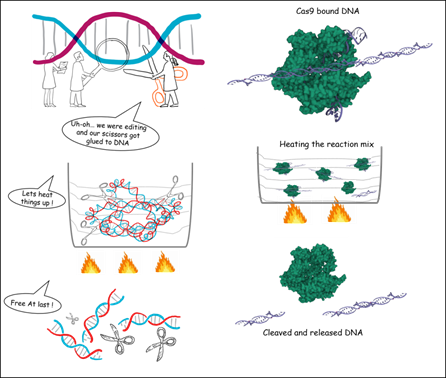Cibus and Biographica partner to advance disease resistance in Canola and Oilseed Rape
Biographica’s proprietary AI platform linked with Cibus’ crop editing abilities provide opportunities for discovery and commercial application.
Cibus, Inc., a leading agricultural technology company that develops and licenses plant traits to seed companies for royalties, and Biographica, a UK-based leader in AI and graph machine learning for gene discovery, are pleased to announce a collaborative pilot project focused on advancing disease resistance in oilseed rape and Canola.
This partnership leverages Biographica’s proprietary platform to identify and prioritise targets for gene editing, aiming to develop resistance against critical diseases impacting crop health, yield and quality. Under this agreement, Biographica will utilise its cutting-edge AI and machine learning technology to analyse gene targets associated with disease resistance in oilseed rape and Canola and set the stage for future crop improvement strategies.
“This collaboration marks a significant milestone in unlocking the potential of advanced machine learning for agricultural innovation,” said Cecy Price, CEO at Biographica. “Combining Biographica’s unique machine learning trait discovery platform with Cibus’ expertise in crop trait development allows us to unlock new insights into disease resistance, paving the way for more resilient crops and sustainable agricultural practices.”
Tony Moran, Senior Vice President for International Development at Cibus, added, “We are excited to work alongside Biographica to identify impactful gene targets, enabling the development of crop varieties that can withstand disease pressure in the field with benefits for farmers, the environment, and food security.”
Dr. Greg Gocal, Executive Vice President and Chief Scientific Officer, added, “We have made plant disease resistance an important pillar of our work. This is a critically important need in farming. Developing durable disease resistance in plants will require identifying multiple modes of action. This partnership with Biographica is an important extension of our work in building our inventory of gene targets associated with developing different modes of action for this important trait.”
The collaboration reflects a commitment by both companies to push the boundaries of crop science and contribute to sustainable agriculture. This pilot project has the potential to accelerate the delivery of improved crop varieties with advanced disease resistant traits to farmers worldwide.
Biographica’s proprietary AI platform linked with Cibus’






